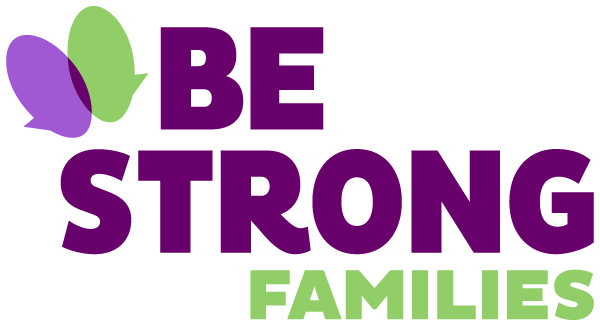Why Are Cafés So Great? - Crisis Navigation
I have been reflecting a lot recently on the necessity for Be Strong Families (BSF) to get better — collectively — at telling our story and of making a strong case for the difference BSF and Cafés make in people’s lives. In order to make that case, we need to understand the nuances of the magic of Cafés.
One “a-ha moment” came as BSF was responding to an RFP and describing our services with respect to crisis intervention. Our first impulse was to say, “We don’t do that.” Then I thought, but we do provide services that help people who are in crisis. BSF doesn’t just prevent crises and when situations escalate say “Sorry, good luck with that! BSF is prevention and now you need intervention.” BSF assists people with developing skills and the wherewithal to manage crises.
The issue is the paradigm that centers crisis intervention as a thing and centers those providing traditional “crisis intervention services” as the primary agents of change.
What if instead of crisis intervention, we talked about crisis navigation?
Crisis can be a lot of things: house fire, illness, death or loss of a loved one, hitting a wall emotionally. Usually, a crisis is a culmination of a cluster of complex and interacting factors. The resolution of a crisis usually takes time and effort on multiple fronts.
Some family crises require practical professional assistance (e.g., going to the ER, calling the fire department, trusting the care of your newborn to the NICU, detox) AND in order to access and make effective use of that assistance, and to address other parts of the situation, one needs other Protective Factors. Resilience is what allows one to keep at it, to have faith, to pursue multiple options, not to give up, to ride the wave. Relationships provide back up support for holding down other aspects of life and providing assistance with dimensions of the issue. They also provide welcome respite and relief from the intensity that crisis navigation and crisis resolution entail. In order to build relationships and to make effective use of concrete support, people need communication / social-emotional skills. Dealing with a crisis also usually involves a ton of learning, expanding one’s knowledge base.
Cafés build all of these Protective Factors and they do it naturally without stigma, putting participants in touch with their strengths, their power, and their voice instead of emphasizing their weaknesses (which most helping systems concentrate heavily on.)
BSF says in the strategic plan that we want to disrupt and co-create, to transform the existing service system. A big part of what that looks like is shifting the way we think about what helps. Taking the focus off the helpers and putting it on the community and the individuals and families who are impacted, who need help:
Be Strong Families’ services help people to help themselves by building their sense of efficacy (you can do it), finding their voice, strengthening their support systems and community, developing social and emotional skills, opening up to help and to learning — with and from each other.
So let’s reframe the conversation. Let’s get people to think and talk about crisis navigation and crisis resolution and let’s promote Cafés as an essential crisis navigation and resolution supportive service. Remember that some participants say that for them, Cafés have been a lifeline.
